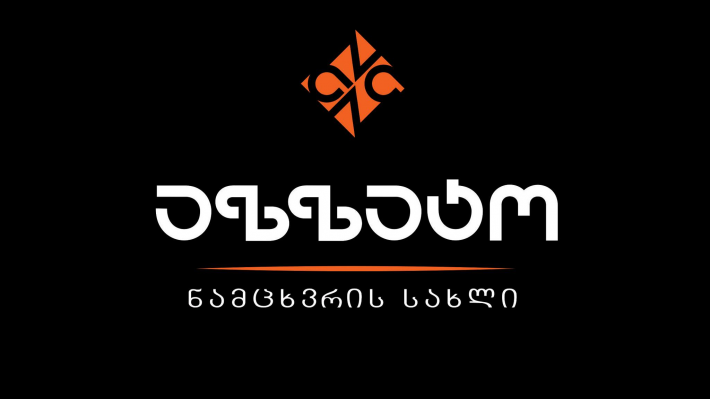Russia’s invasion of Ukraine, now in its second year, continues to upend the Europe and Central Asia region’s dynamic emergence from the COVID-19 pandemic. Growth in the region collapsed to 1.2% in 2022 from 7.1% in 2021, as supply chain disruptions reduced production and international trade. Inflation surged, prompting central banks to tighten monetary policy to rein in huge price increases.
In 2023, economic activity in the region is likely to remain subdued because of the continuing fallout from the invasion, high, if moderating, inflation, and tight financial conditions, according to our latest Economic Update for Europe and Central Asia.
Output in the region is projected to increase by 1.4% this year. Excluding Russia and Ukraine, growth in the rest of the region is likely to weaken to 2.4% in 2023 from 4.7% in 2022. Although better than previously anticipated, these projections are subject to profound uncertainty, with expectations of the invasion to continue in the short term.
The outlook remains highly uncertain. Growth in 2023 may be weaker if the war caused by Russia’s invasion of Ukraine escalates further, food and energy prices continue to increase, interest rate hikes accelerate globally or in the region, or there is a sudden reversal of capital flows to the region. There could be spillovers to growth from the recent developments in the U.S. and European banking sectors.
A
sharp rise in consumer prices for food, housing, and energy pushed
median annual inflation to a high of 15.9% by late 2022 in Europe and
Central Asia, the highest in a quarter century ,
and the highest among all developing regions of the world. Prior to
Russia’s invasion of Ukraine, inflation was already rising in 2021
and early 2022 as countries in the region reopened following the
COVID-19 pandemic. The release of pent-up demand from the 2020
recession revealed stark shortages and supply chain disruptions, with
bottlenecks continuing to push up inflation in 2022.
Our analysis finds that inflation measured by the Consumer Price Index (CPI) masks substantial variations in the inflation rate experienced by households with different consumption patterns. Due to differences in both consumption patterns and varying price increases across goods and services, inflation was 2 percentage points higher for the poorest 10% of the population in the region compared to the wealthiest 10%. This difference exceeded 5 percentage points in some countries, including Moldova, Montenegro, and North Macedonia. The poorest households experienced a true cost-of-living crisis in 2022.
Governments across the region responded to the cost-of-living crisis with larger social assistance and subsidies, including moratoriums on energy price increases, caps on electricity and natural gas prices for households and businesses and reduced public transport fees. The median energy-related fiscal package in the region’s countries amounted to 2.7% of GDP last year, with the packages in Croatia and Kosovo exceeding 4%. These measures notwithstanding, some resource-rich countries benefitted from higher commodity-related revenues and others from a surge in revenues because of stronger growth. Most countries in the region are set to step up fiscal consolidation efforts in 2023 as emergency support measures are unwound.
One lesson from 2022 is that policies that do not account for the different inflation rates faced by households of different incomes are likely to provide inadequate support to vulnerable groups and may end up being both inefficient and less effective. Our report recommends going beyond the standard CPI to measure inflation in order to capture more precisely the actual cost of living of the poorest. This is essential for designing better growth and poverty alleviation policies.










